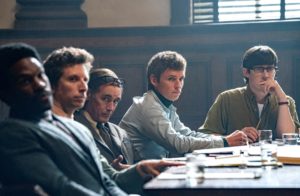
The Trial of the Chicago 7
The Trial of the Chicago 7 offers plenty of precedents, reminding us of philosopher George Santayana’s warning that “Those who do not learn history are doomed to repeat it.”

The Trial of the Chicago 7 offers plenty of precedents, reminding us of philosopher George Santayana’s warning that “Those who do not learn history are doomed to repeat it.”
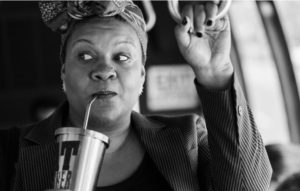
Blank’s storytelling style embraces the part of everyone that deals with the issues of feeling old, over, but not done yet. It’s a hopeful look at how to persevere in a culture that ignores you.
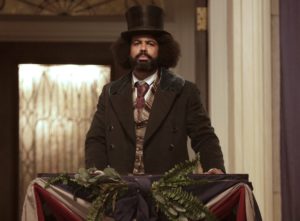
What can seem like a wild-ride Coen brothers adventure-comedy on one level is actually a stirring exploration of history: a peeling away of the layers of religion, identity, and race that have intertwined to drive some of the biggest events that collectively shaped us.
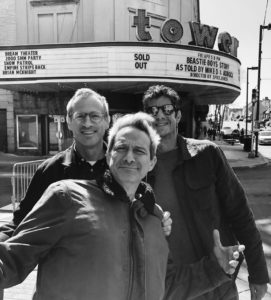
Money and fame be damned, it’s our relationships that sustain us and love that will save the day.
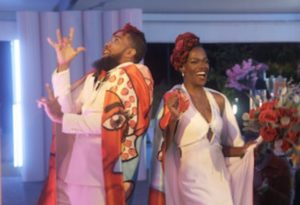
Inspiring, love-filled, and will give you hope for humanity. Each episode centers around a couple’s complex love story, while one is secretly planning the wedding of their dreams.
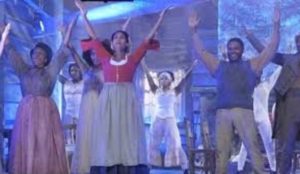
In 30 comedic minutes, this special “Juneteenth” episode manages to give insight into the end of slavery in the United States—the date it actually ended, how it was ended, and what happened after it did.
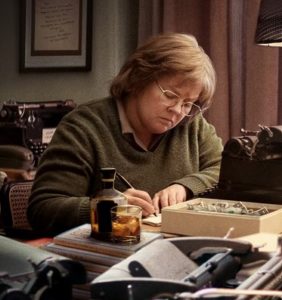
At first glance a true crime story, the film is actually a look at how poverty, loneliness and imposter syndrome can seduce someone into creating a false reality.
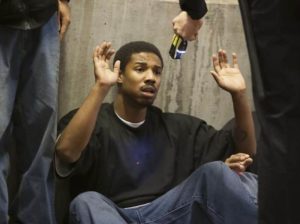
Based on a true story, the film is a poignant and powerful snapshot of a life interrupted, cut brutally short without warning.

This series that goes behind the headlines to get to the raw truths about what happened to 16-year-old Kalief Browder, who ended up in Rikers for three years for allegedly stealing a backpack.
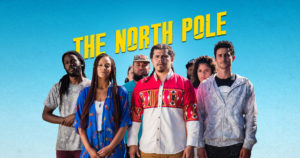
A metaphor for the effects of gentrification, complete with endangered native “species”—the human population.